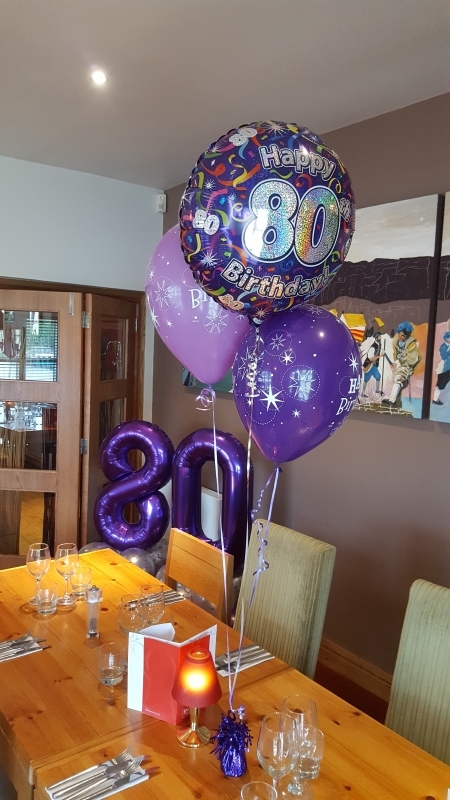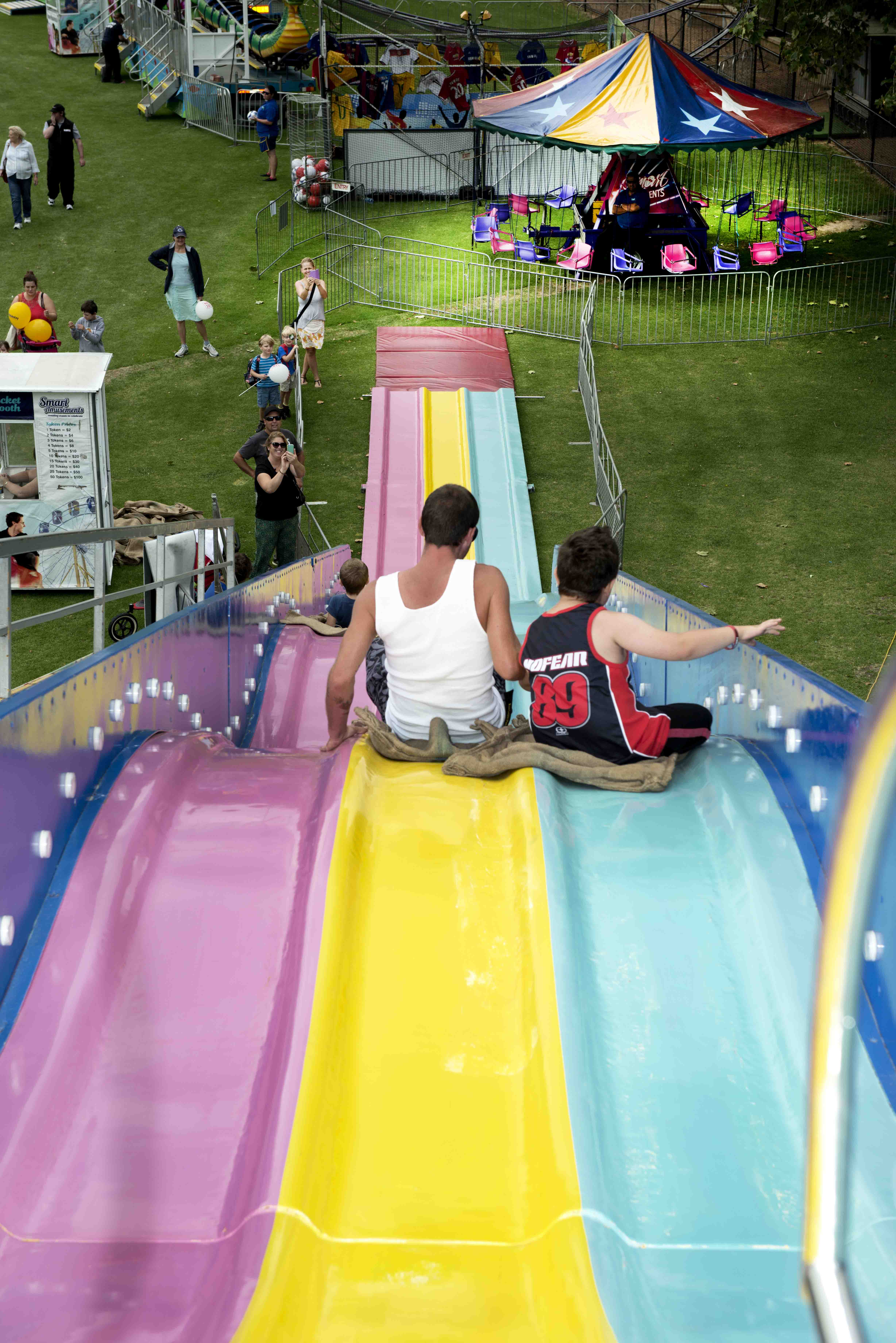
‘Fade’ makes your pictures slowly dissolve into the next one in the queue. ‘Black and White’ strips away all the colour. ‘Pan and Zoom’, for instance, slowly zooms into a picture and scrolls across before moving on to the next photo. Step 4: Each of these options presents each of the pictures in your slideshow in a different way. In the drop-down list that now appears, you’ll see six options: ‘Pan and Zoom’, ‘Contemporary’, ‘Cinematic’, ‘Fade’, ‘Black and White’, ‘Sepia’. Step 3: If you’d like to experiment with different formats and effects, you should click and hold down Slide show at this stage. If you want to view only certain pictures in your slideshow, hold down Ctrl on your keyboard and click on each picture you’d like to include.
#Picture slideshow windows
You can simply click Slide show once and Windows Live Photo Gallery will prepare a slideshow of every photo in your folder. Step 2: There are now two ways to make a slideshow.

Now, among the buttons on the top you’ll see one on the right labelled ‘Slide show’. Step 1: Once you’ve opened Windows Live Photo Gallery, click Home at the top left of your screen.

However, you’ll find that other programs such as Photoscape and follow a very similar process.
#Picture slideshow how to
That’s why I’ve used it for this guide (for more information, see another of our guides How to download Windows Live Photo Gallery). While popularly known as a great tool for editing images, Windows Live Photo Gallery also offers some classy ways of playing your photos back as a slideshow.

What’s more, it can all be done in just a few simple clicks. Why would you do this? To have others admire your work, of course, and it’s also a great way of showing off your photos at parties. Place a check in the box marked “After” with a time input to advance the slide after a segment of time for an automatic slideshow.Ĭlick the “File” tab and then choose the “Save" option to save the JPEG presentation.One good way of sharing your photos is to play them back as a slideshow.
#Picture slideshow manual
Select the “On Mouse Click” option for manual control over slide advancement with a mouse click required to advance the slide.

Place a check in the box beneath the “Advance Slide” section to choose how the slideshow should advance. Select the “Transitions” tab from the ribbon menu. Repeat the process from the “New Slide” step, adding a new photo for each additional slide in the sequence that you wish them displayed. Use the four circles at the edges of the photo to resize it so that it covers the slide fully. The photo will be centered onto the slide. Click on the first slide to highlight it, and then press the “Open” button to load the photo onto the blank slide. Use the file browser to navigate to the directory where the JPEG files are located. Select the “Picture” option to open a file browser window. Press the “Home” tab in the ribbon menu along the top of the application and then click on “New Slide.” Select the “Blank Slide” option to add a new slide to the presentation.Ĭlick on the “Insert” tab in the ribbon menu.


 0 kommentar(er)
0 kommentar(er)
